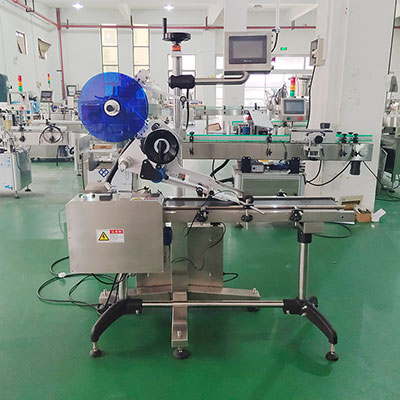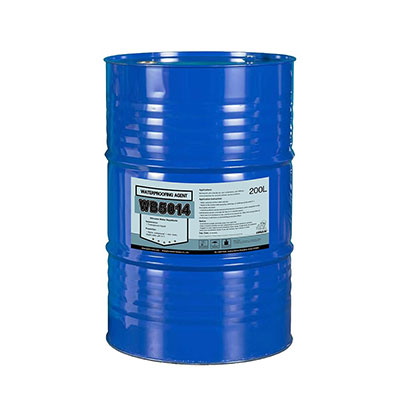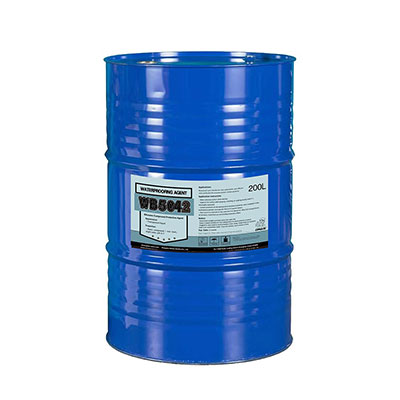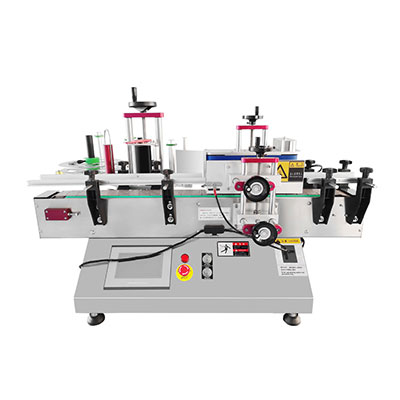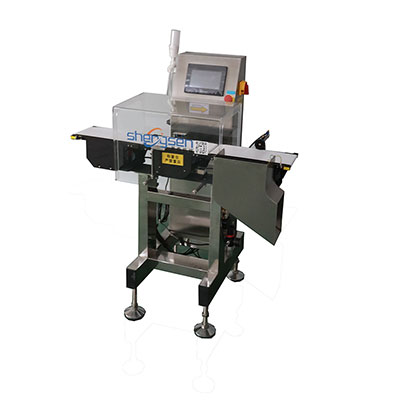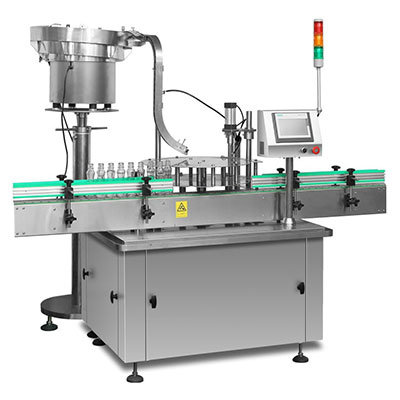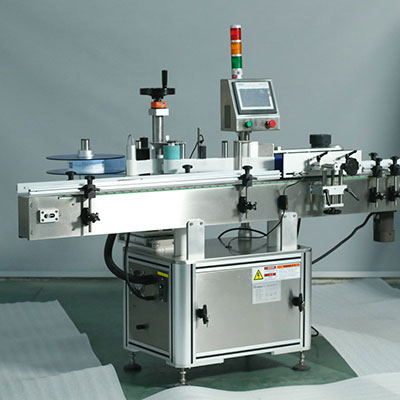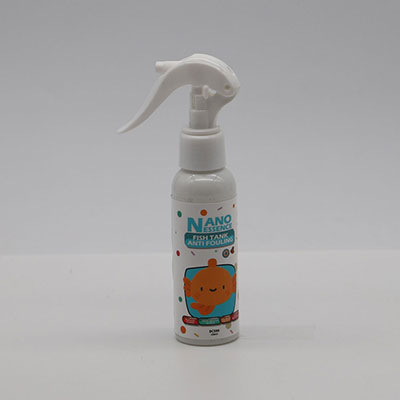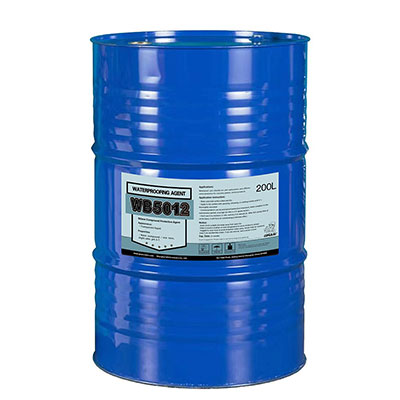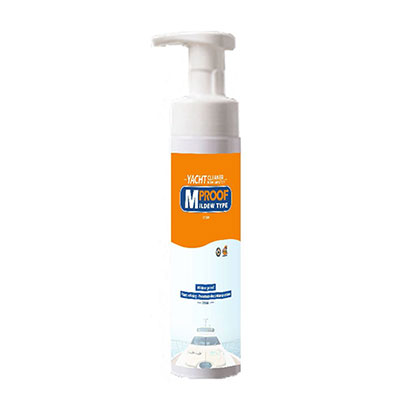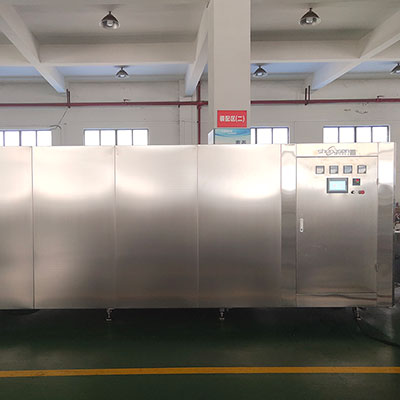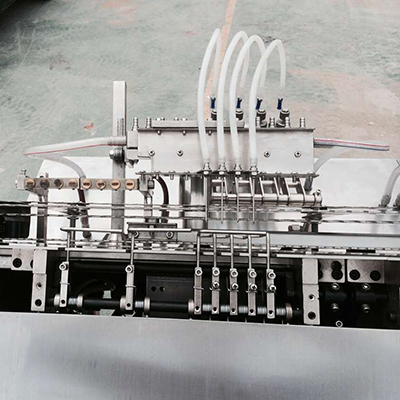Window Patching Block Bottom Bag Making Machine
We specially designed this bag making machine to produce various kinds of paper bags with a clear window mainly for food use. The equipment uses printed or blank roll paper as raw material for the automatic production of paper bags of various sizes.
Parameters
| Model | ZDF-KM190 | ZDF-KM350 |
| Roll paper width | 280-650mm | 420-1090mm |
| Max. diameter of roll paper | 1500mm | 1500mm |
| Core diameter of roll paper | 76mm | 76mm |
| Paper gram | 50-150g | 60-150g |
| Finished bag width | 80-190mm | 130-350mm |
| Paper tube length | 190-370mm | 260-530mm |
| Bag bottom width | 50-110mm | 65-180mm |
| Film gram | 0.02g-0.05g | 0.02g-0.05g |
| Window width | 20-120mm | 20-200mm |
| Window length | 20-160mm | 20-200mm |
| Max. production speed | 180/220 pcs/min | 150/180 pcs/min |
| Total power | 28kw | 28kw |
| Weight | 12000kg | 13800kg |
| Overall dimensions | 12600*2000*1800mm | 13500*3300*2000mm |
The ZNEP window patching block bottom bag making machine strictly controls each manufacturing process when producing high quality paper bags from plain or pre-printed paper roll. The bag making machine features a Mitsubishi electrical control system and operates under precision servo motor control to ensure high stability and easy operation. It features high production efficiency which is always a perfect choice for reducing labor and manufacturing costs. Compared with sheet fed paper bag making machines, this equipment is eco-friendlier and more economical as it can produce high quality bags from thin paper.
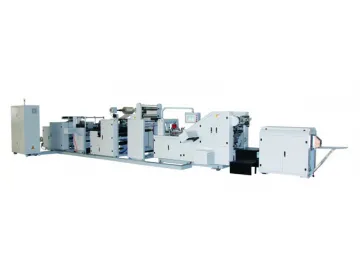
FEEDING UNIT
The roll paper fixed on the air expanding mandrel can be fed by swing arm which is equipped with lifting hydraulic system. With an alarm function, the feeding unit will sound alarm when there is no paper feeding. Improved surface smoothness of the paper during the feeding is achieved due to the web guide and uniform tension control. Paper rolls can be easily changed by pressing a button.
DIE CUTTING UNIT
The upper roller is designed with blade magnetic sucking device to make it easy to change blade and save cost. The lower roller made using hard alloy ensures the edge of die-cut part is smooth and clean. The rollers work together to achieve desired die cut result.
PATCHING UNIT
This unit adopts an abreast double-knife to ensure the synchronization of the film patch or paper patch. Gluing, traction and cutting of the patch rolls are all controlled by servo motors. After putting the glue on desired locations and folding by a pneumatic roller, the system realizes the automatic functions of paper feeding, conveying, window gluing, film slitting and patching to produce the ready paper bags through a second roller mechanism.
SIDE GLUING UNIT
A glue level sensor is used to detect the amount of glue left in the machine. The glue dispenser is used to apply adhesive to the desired locations of the paper.
BAG FORMING UNIT
The product is initially formed using the paper, and patches and side glue are attached to the tube. Afterwards, the resulting textile is cut into separate pieces based on the settings. Lastly, these separate tubes would be sent to the drum. The four corners would be opened, then the bottom is glued, sealed, and formed into a square shape.
BAG COLLECTING UNIT
Compress the bags and outlet the bags. The number of paper bags can be processed and presented by the automatic collection and counting system.
Links:https://globefindpro.com/products/8541.html
-
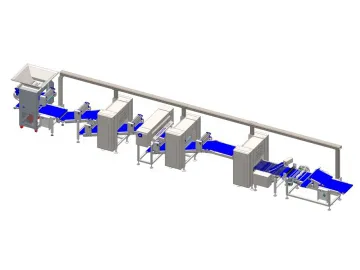 Flatbread Line
Flatbread Line
-
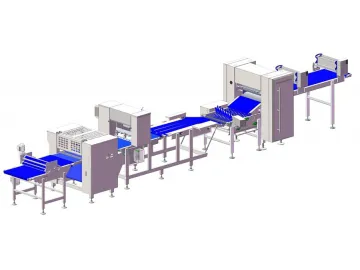 Croissant Line
Croissant Line
-
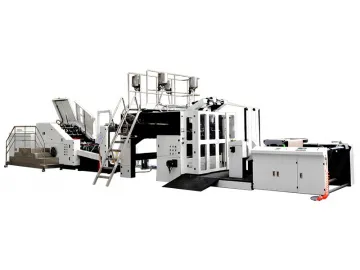 Overfolded Flat Handles Block Bottom Bag Making Machine
Overfolded Flat Handles Block Bottom Bag Making Machine
-
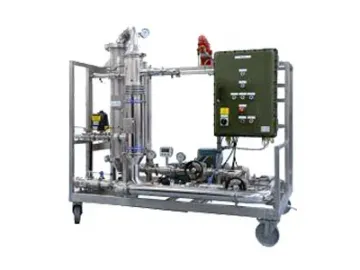 Metal Membrane Filter Skid
Metal Membrane Filter Skid
-
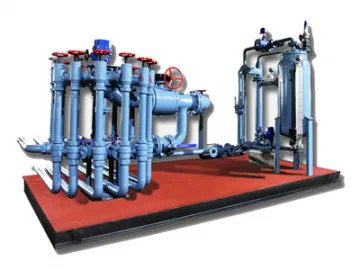 Multi-well Oil and Gas Metering Device
Multi-well Oil and Gas Metering Device
-
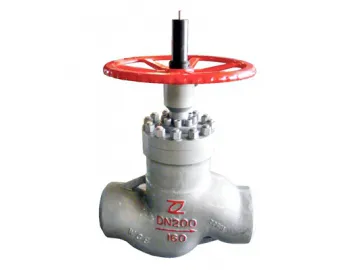 Balanced Throttle Globe Valve
Balanced Throttle Globe Valve
-
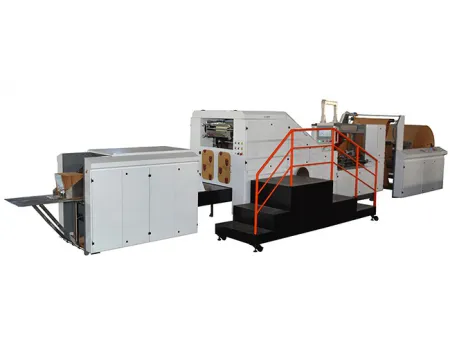 Block Bottom Bag Making Machine
Block Bottom Bag Making Machine
-
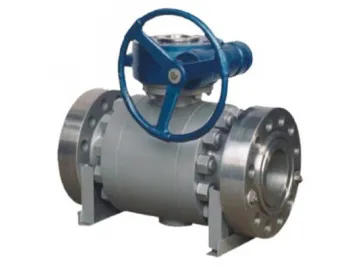 Trunnion Mounted Ball Valve
Trunnion Mounted Ball Valve
-
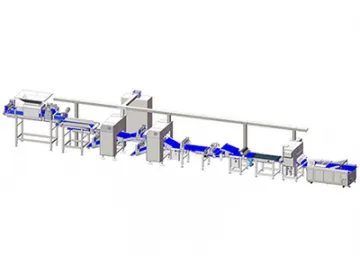 Artisan breads
Artisan breads
-
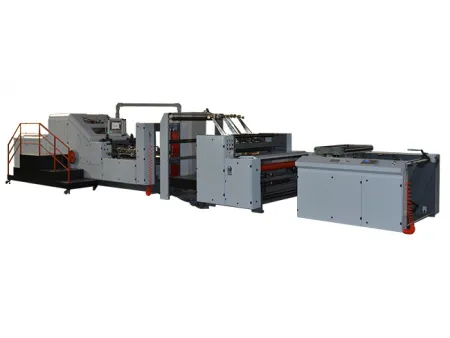 Die-cut Handles Block Bottom Bag Making Machine
Die-cut Handles Block Bottom Bag Making Machine
-
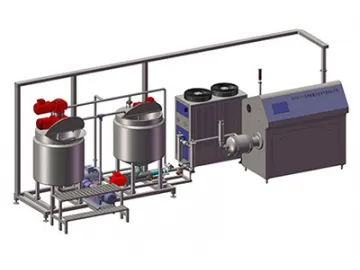 Cake
Cake
-
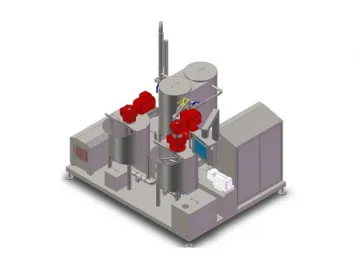 Compact Batter Mixing System for Chiffon Cake
Compact Batter Mixing System for Chiffon Cake
